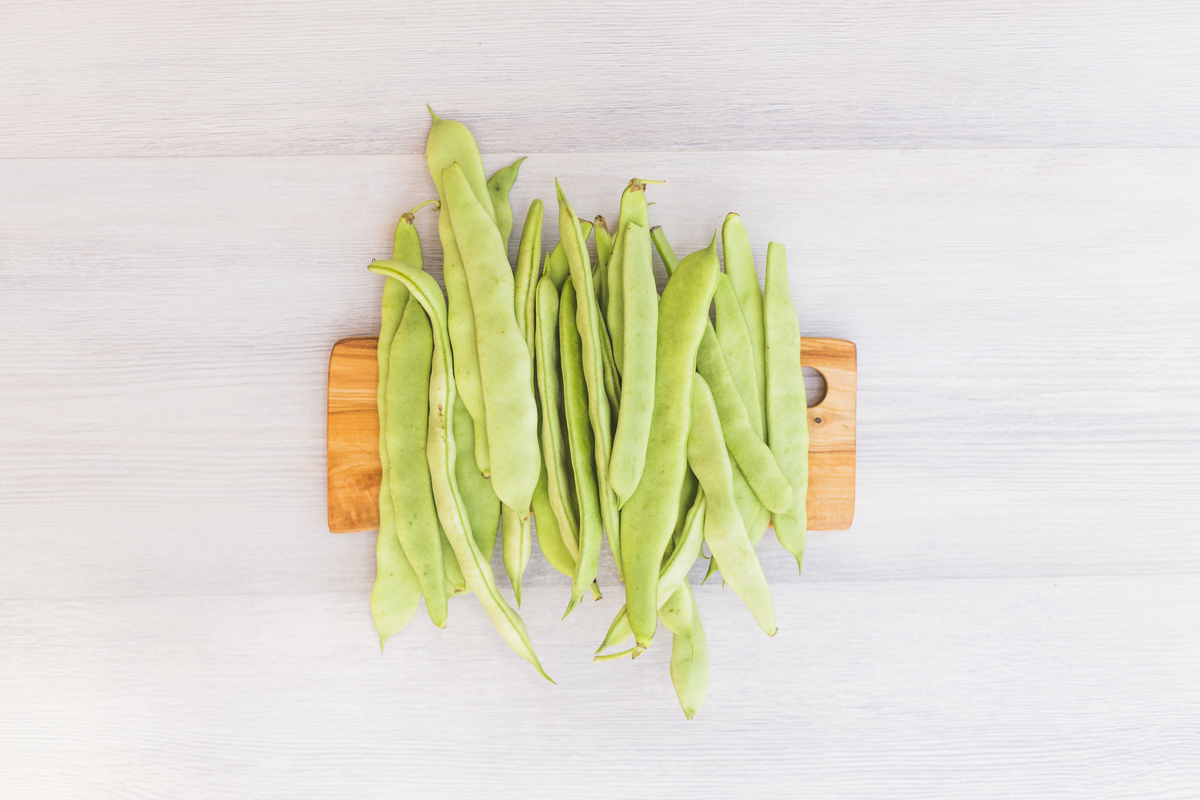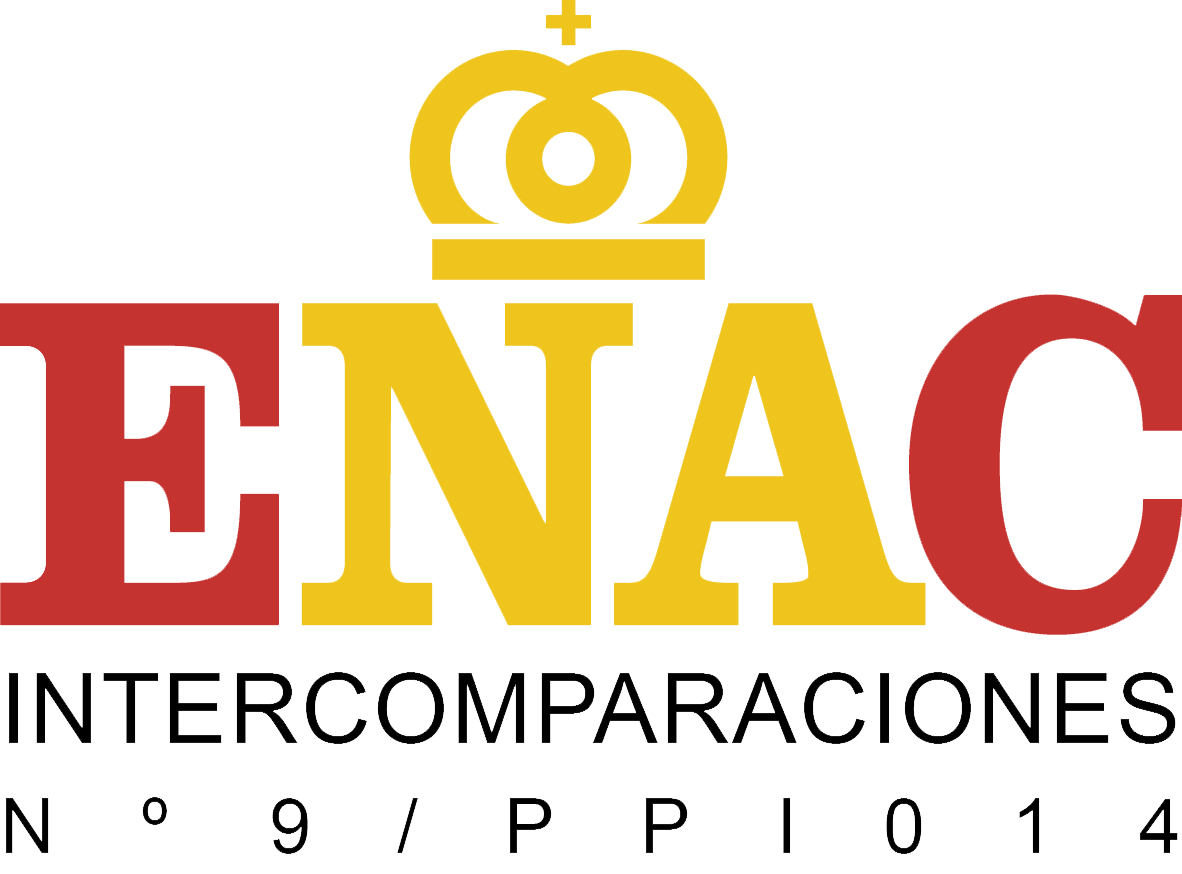Ejercicios de intercomparación
Información sobre los analitos
A partir del 24 de Junio de 2020 el clorato ha sufrido una modificación de los Límite de Residuo Máximo (LMR) permitidos, esta actualización viene debida a que en múltiples matrices el LMR por defecto se ha visto superado. Este compuesto, además de su anterior uso como fitosanitario también es el subproducto de desinfectantes con cloro y aparece al tratarse las aguas potables.
Para ciertos subgrupos de la población europea como niños y lactacntes con carencias de yodo, se detecto que se superaba la cantidad de ingesta diaria tolerable, por lo que además de establecer un plan para reducir lo máximo posible (Principio ALARA, As Low As Reasonably Achievable ) la presencia de este contaminante, también se han actualizado los LMRs de dicho compuesto.
Hasta 2025 que se planea revisar estos LMR, éstos se pueden consultar en el REGLAMENTO (UE) 2020/749 DE LA COMISIÓN de 4 de junio de 20201 .
Por otra parte el Perclorato es un contaminante persistente 2 y aunque no es cancerígeno, sí que es goitrogénico, éste puede ser encontrado en fruta y verdura puede ser resultado del uso de fertilizantes que contienen nitrato, agua de irrigación contaminada y agua desinfectada con sustancias cloradas 3.
Para el perclorato el pasado 1 de Julio de 2020 entró en vigor el nuevo reglamento REGLAMENTO (UE) 2020/685 DE LA COMISIÓN de 20 de mayo de 2020, por el cual se han actualizado los LMRs de este contaminante 4.
El efecto crónico debido a la continua exposición al Clorato y al Perclorato causa la inhibición de la toma de yodo en humanos, debido a la formación de la Metahemoglobina, que es una hemoglobina incapaz de libera el oxígeno, dicha inhibición puede causar una hipertrofia y un incorrecto funcionamiento del sistema hormonal de la glandula tiroidal (hipotiroisidmo), provocando alteraciones en el sistema hormonal de la tiroides afectando al correcto desarrollo y crecimiento de los infantes y niños 2. Dependiendo del nivel de exposición, también se ha dectado que puede causar el desarrollo de un bocio multinodular (agrandamiento de la glándula tiroides), causando hipertiroidismo 5.
Para los amonios cuaternarios Cloruro de didecildimetilamonio (con cadenas alquílicas de una longitud de C- X) (DidecylDimethylAmmonium Chloride -- DDAC) y cloruros de alkilbenzildimetilamonio (con cadenas alquílicas de una longitud de C – X) (AlkylBenzyldimethyAmmonium Chlorides - BAC) se estableció y sigue en vigor el REGLAMENTO (UE) No 1119/2014 DE LA COMISIÓN de 16 de octubre de 2014 por el cual se establecieron los actuales LMRs que debian cumplirse para estos compuestos. El DDAC fue empleado como fitosanitario durante un tiempo pero tras su derogación en 2009 6 ya no está atuorizado su uso para la protección de las plantas en la UE 7 y el uso que se le da hoy en día, y que es el causante de que encontremos residuos de estos compuestos en nuestros alimentos, es su uso como biocida para la desinfección 8. Con la presencia de la pandemia del corona virus ahora más que nunca, todos los productores se aseguran que sus productos están libre de carga vírica.
Hoy más que nunca es muy importante para los laboratorios ser capaces de analizar con precisión y exactitud la cantidad de residuos presentes de estos compuestos en los alimentos y tan importante como esto es comprobar asiduamente que los resultados obtenidos están bajo control.
Resumen del ejercicio
Se puede encontrar detallada toda la información referente a este ejercicio en el protocolo, el cual puede ser descargado en un enlace situado en la columna derecha de esta página.
Este ejercicio de intercomparación consistirá en una sola ronda, en la cual se distribuirán una muestra el día indicado en el calendario del ejercicio. La cantidad de muestra que recibirá cada participante se puede consultar en el protocolo del ejercicio.
El rango de concentración de todos los analitos diana para este ejercicio de intercomparación podrá encontrarse entre 10 y 300 μg/Kg aproximadamente.
La desviación estándar objetivo para todos los analtios del ejercicio será del 25%.
El ejercicio cosistirá en la cuantificación de:
| Clorato |
| Perclorato |
Y la detección y cuantificación de un cierto número de los siguientes posibles amonios cuaternarios:
| BAC C10 |
| BAC C12 |
| BAC C14 |
| BAC C16 |
| DDAC C8 |
| DDAC C10 |
| DDAC C12 |
Parametros marcados con un asterisco (*) no están amparados por la acreditación ENAC
NO es necesario analizar todos los compuestos citados para participar. El precio del ejercicio será el mismo independientemente del número de analitos que se seleccionen como objeto de estudio.
Calendario del ejercicio
Consultar columna derecha de esta página, en la sección “Fechas”.
*Estas fechas son orientativas y siempre se deberán contrastar con las fechas en el protocolo del ejercicio y con las noticias en la página de inicio de TestQual.
¿Por qué participar con TestQual?¿Está el ejercicio acreditado?
·TestQual lleva organizando ejercicios de intercomparación de clorato y perclorato desde 2015 en distintas matrices.
·Ejercicio acreditado bajo la UNE-EN ISO /IEC 17043:2010.Comprueba nuestro alcance de la acreditación aquí.
·Estamos constantemente negociando con proveedores y empresas de mensajería para mejorar ajustar precios. Cada año más participantes toman parte en los ejercicios de TestQual y cuanto mayor volumen de envíos se ganan, mejores precios se obtiene para los envíos.
Es importante que su laboratorio sea capaz de responder adecuadamente a las demandas de sus clientes, por ese motivo y al igual que sus clientes deben realizar controles continuos, su laboratorio puede participar en nuestras rondas de intercomparación, donde podrá controlar los resultados que obtiene en las distintas matrices y rondas que TestQual organiza.
Los ejercicios de intercomparación de TestQual son una herramienta útil para que los laboratorios participantes puedan demostrar su competencia en el análisis de los compuestos objeto de estudio y poder comparar sus resultados con otros laboratorioes del sector.
Cómo inscribirse para participar
Aquellos laboratorios que deseen participar y no estén registrados en la web deberán hacerlo completando el formulario del siguiente enlace: INICIAR REGISTRO.
Si su laboratorio ya está registrado en nuestra página web puede iniciar su inscripción haciendo clic en el enlace de la parte inferior de esta página, en SOLICITUD DE PARTICIPACIÓN, tras identificarse, deberá introducir los límites de cuantificación de los analitos que su laboratorio estudie. Los analitos en los que se indique "No analizado" no aparecerán en el formulario de entrega de resultados.
Una vez enviada la inscripción con la mayor prontitud posible recibirá un email con su código de laboratorio para la participación en este ejercicio.
Contacto
Si desea obtener un presupuesto o si podemos ayudarles puede contactar con nosotros a través de:
| Email: | jpnavarro@testqual.com |
|---|---|
| Teléfono oficina: | (+34) 868-94-94-86 |
| Teléfono móvil: | (+34) 676-367-555 |
Muchas gracias por su confianza en TestQual y nuestros ejercicios.







